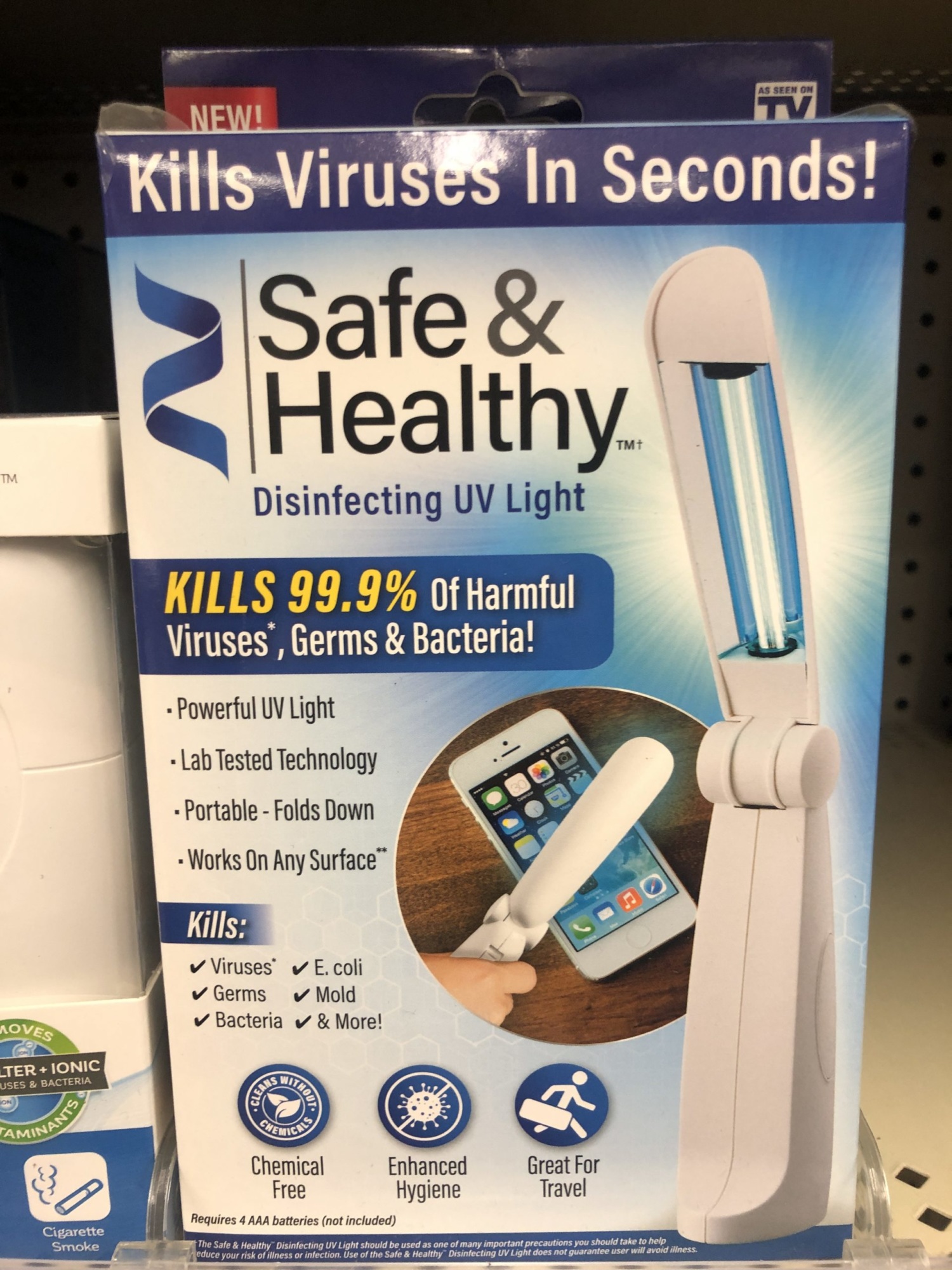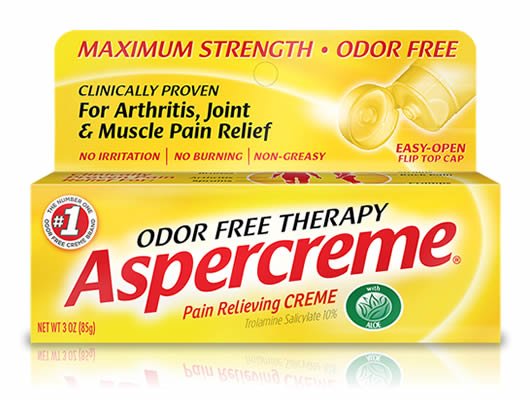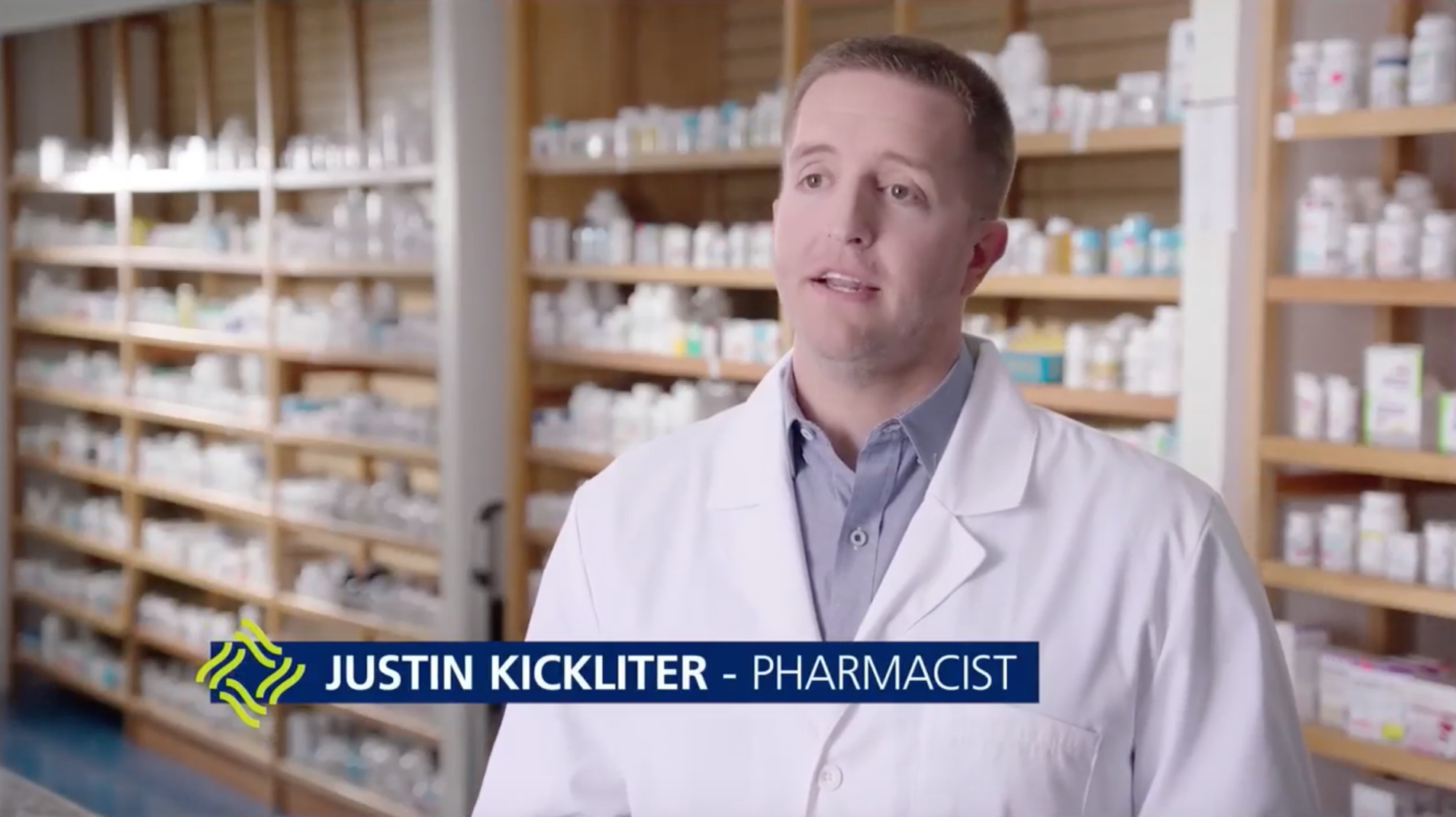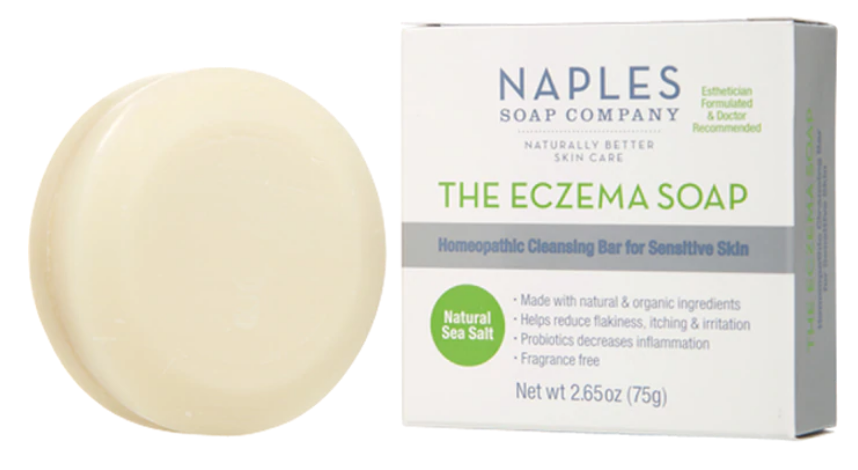
Safe & Healthy Disinfecting UV Light
When it comes to UV devices and COVID-19, there is no magic wand.
TINA.org investigates after doctor challenges pain reliever's "clinically proven" labeling claim on Twitter.
“If you’re going to use the respect of clinicians and scientists to sell your product, you need to be transparent,” wrote a Louisiana doctor on Twitter last month.
The tweet came in response to the marketers of Aspercreme refusing to provide Dr. Phil Page with evidence to support the pain reliever’s “clinically proven” claim on packaging (see above). “Data from studies conducted for claims made on the Aspercreme Creme are proprietary,” Chattem told the doctor, according to a screenshot of a message from the company that he included in the post.
The post tagged TINA.org (@TruthinAd). We reached out to the company ourselves and our request for supporting evidence was met with the same kind of resistance as Page’s. A spokeswoman for Sanofi, Chattem’s parent company, couldn’t even tell us whether the “clinically proven” labeling claim is based on a product study on Aspercreme or a study on one of its ingredients, such as its active ingredient trolamine salicylate.
“Our claims are compliant and unfortunately I can not share our data,” was all the spokeswoman would say.
Meanwhile, the Aspercreme website qualifies the “clinically proven” claim. It specifies that the creme is only clinically proven for “minor” arthritis, joint and muscle pain relief, and that the respite is merely temporary. The Sanofi spokeswoman said the back of the package says for minor pain. But who reads the back of the package when the front says “clinically proven”?
Find more of our coverage on products marketed for pain relief here.
Our Ad Alerts are not just about false and deceptive marketing issues, but may also be about ads that, although not necessarily deceptive, should be viewed with caution. Ad Alerts can also be about single issues and may not include a comprehensive list of all marketing issues relating to the brand discussed.
When it comes to UV devices and COVID-19, there is no magic wand.
Pharmacist testimonials at the center of advertising inquiry head to the FTC for further review.
From “cruelty free” to “Made in the USA,” TINA.org finds personal care company’s marketing awash with questionable labels.


